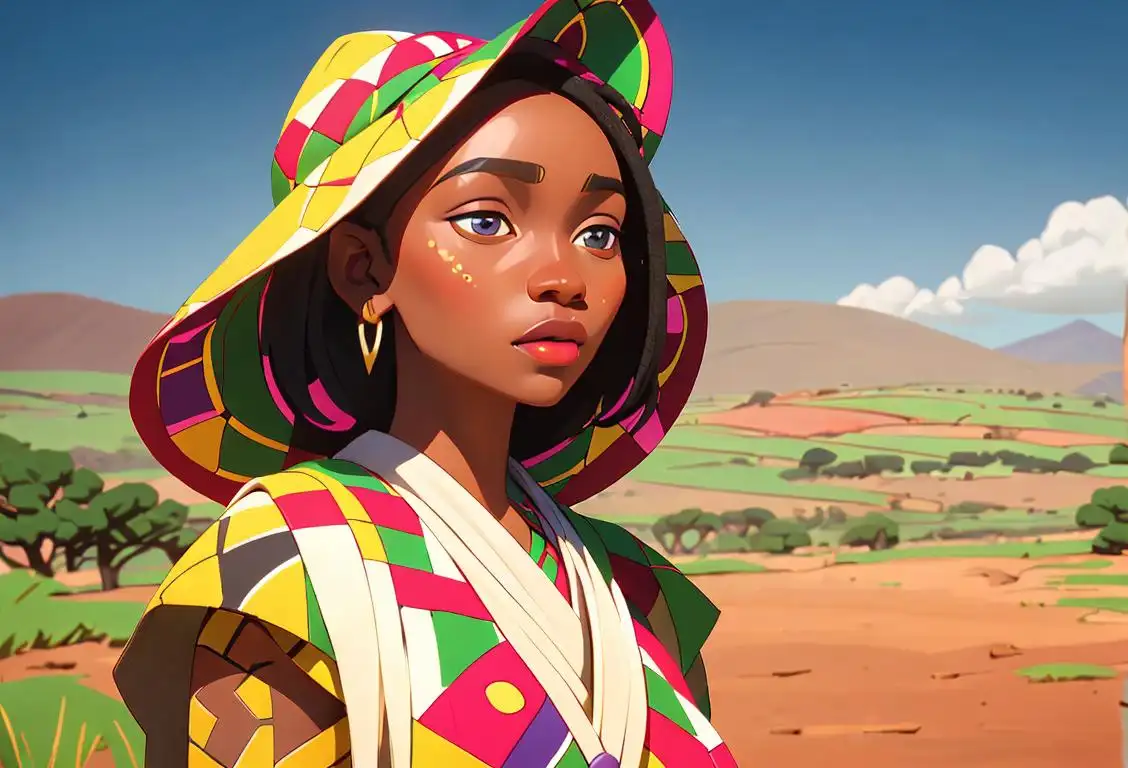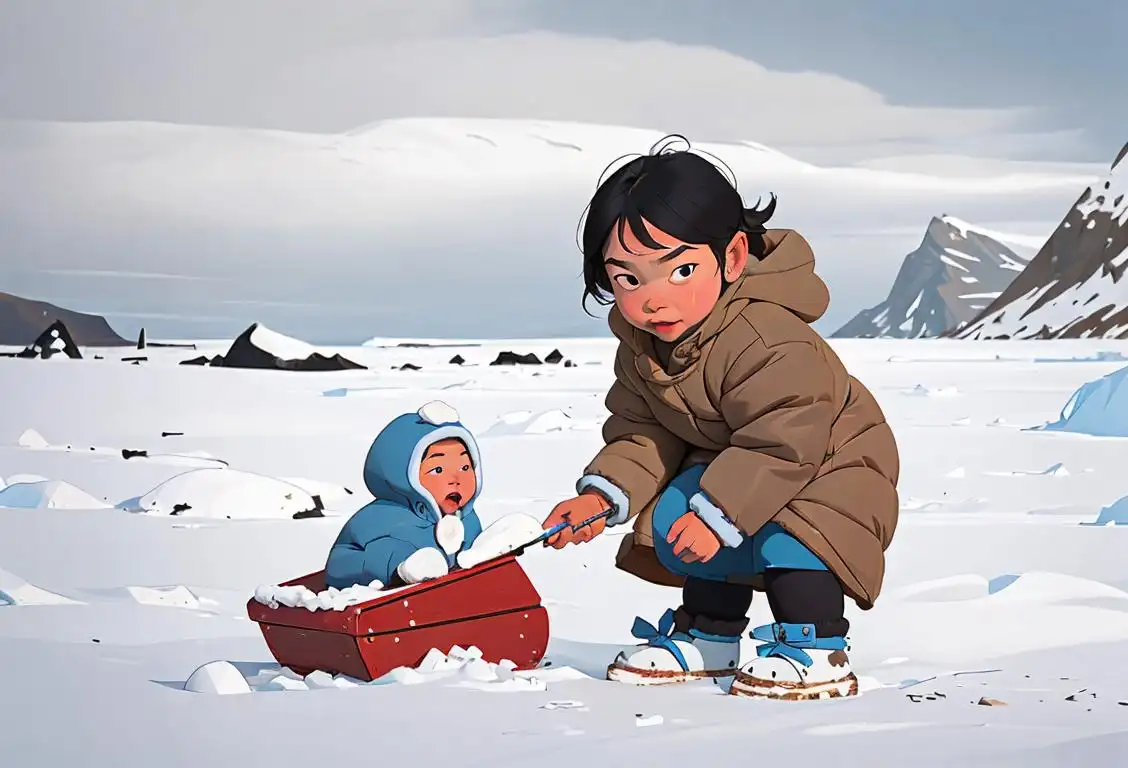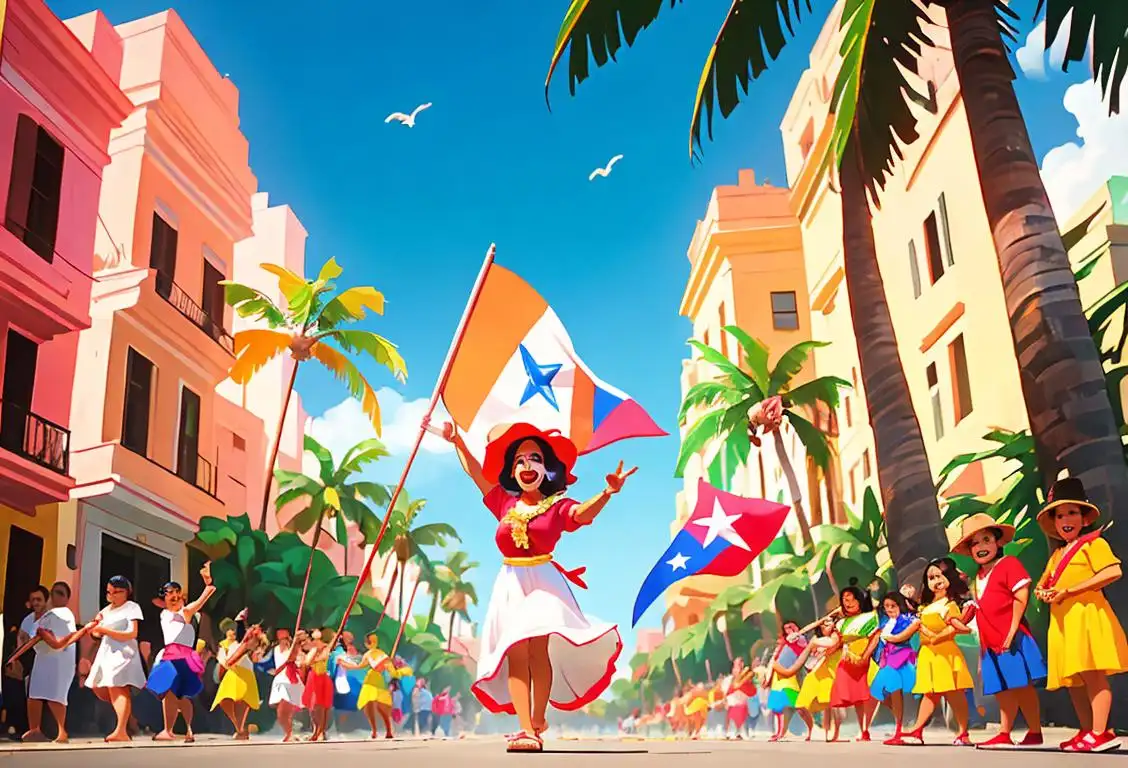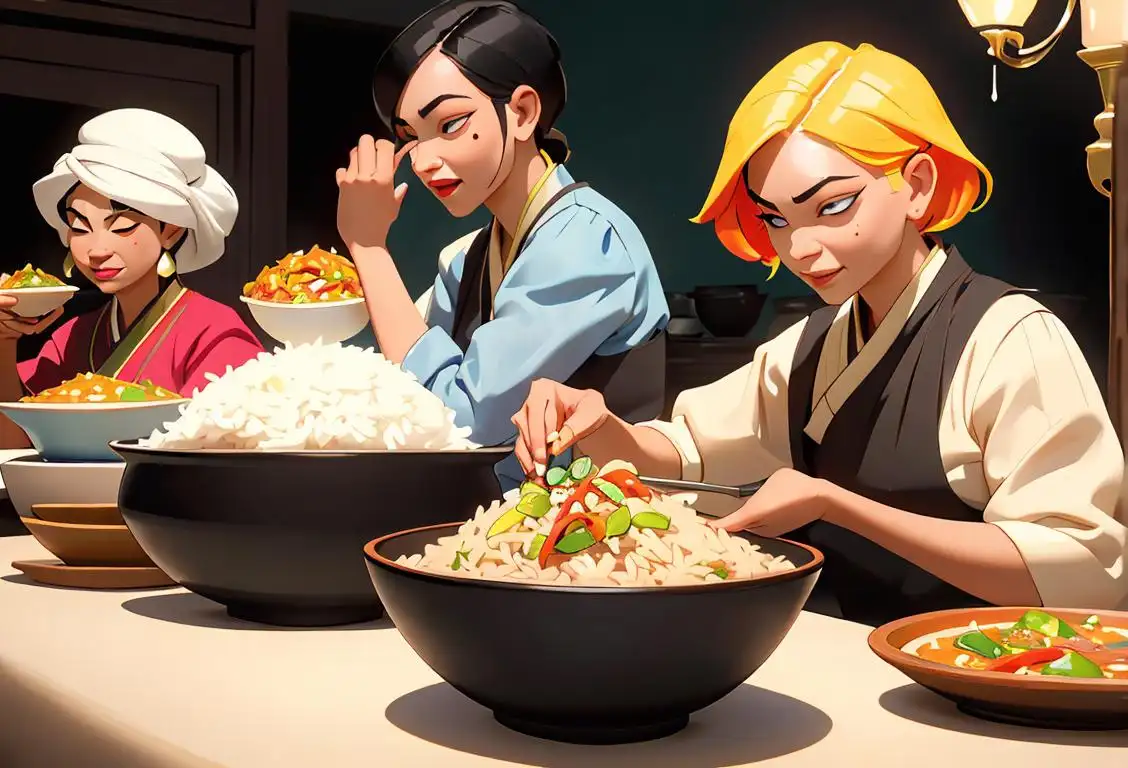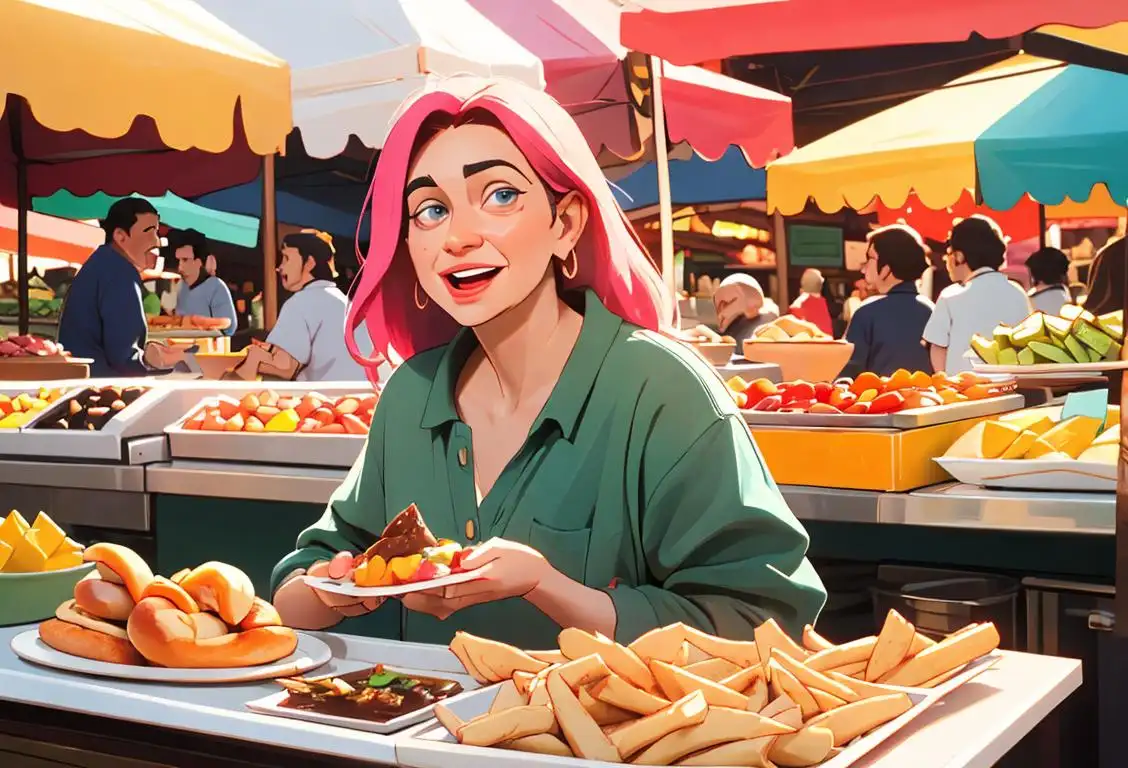National Voodoo Day
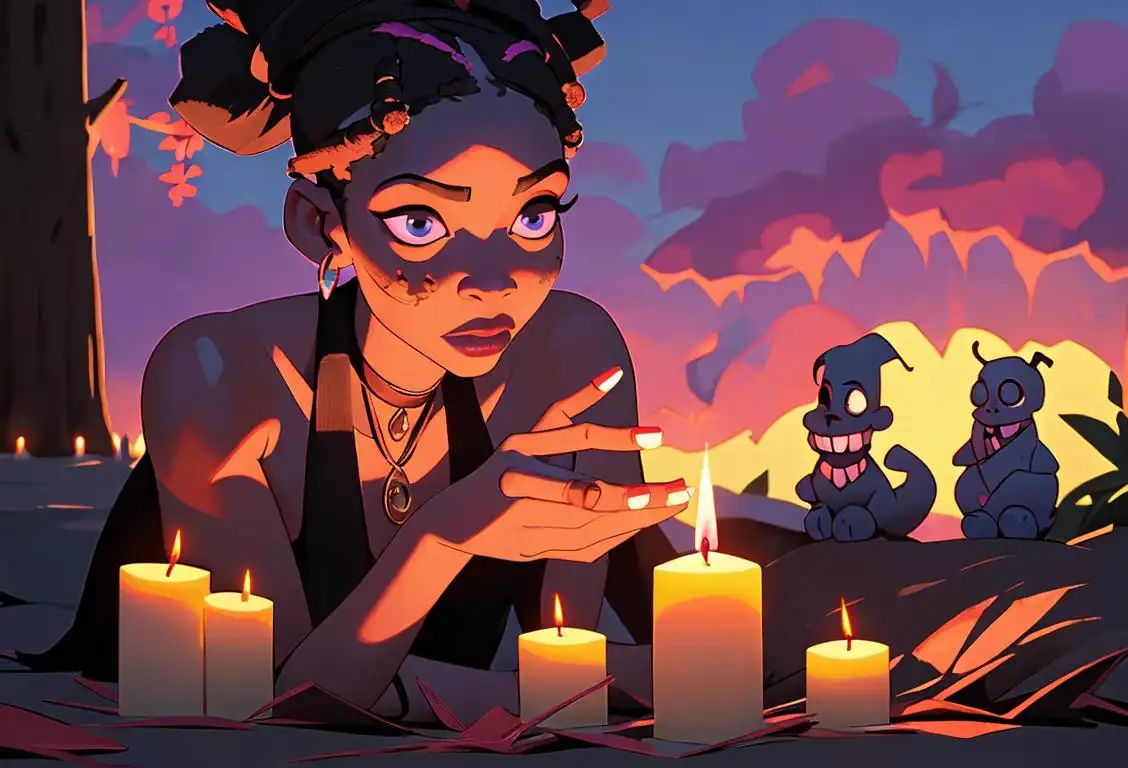
Hey there, fellow internet time traveler! Today, we delve into the mystical realm of National Voodoo Day. So, grab your charms, light some incense, and get ready to have a wickedly good time!
When is Voodoo Day?
It's national voodoo day on the 10th January.
Unveiling the Magic of National Voodoo Day
On this enchanting day, we celebrate the rich cultural heritage of voodoo. Originating in West Africa and later developing in Haiti, voodoo is an intriguing spiritual practice that has captivated the curious minds of many.
Voodoo, often misunderstood and shrouded in mystery, is a fascinating blend of African tribal beliefs, Roman Catholicism, and indigenous traditions. It encompasses a rich tapestry of rituals, spells, ceremonies, and beliefs that connect the physical and spiritual worlds.
Although often associated with dark and spooky rituals (thanks, Hollywood!), the reality is much more diverse and nuanced. Voodoo encompasses both white magic (healing, protection) and black magic (harmful spells, curses). But don't worry, we'll stay on the lighter side of things here!
On National Voodoo Day, communities around the world come together to celebrate the vibrant culture and traditions associated with voodoo. From colorful parades and drumming ceremonies to storytelling and craft workshops, there's something for everyone.
So, what can you do to honor this mystical day? Well, you can start by learning more about voodoo and its rich history. Explore the symbolism of the veve, intricate drawings that represent voodoo spirits. Dive into the mesmerizing rhythms of traditional voodoo music and dance. Or why not whip up a Creole feast, complete with spicy gumbo and jambalaya?
Remember, National Voodoo Day is not about dark spells or scary hexes. It's about embracing the fascinating culture, rituals, and spirituality associated with voodoo. It's a day to celebrate diversity, stimulate curiosity, and appreciate the beauty of traditions passed down through generations.
History behind the term 'Voodoo'
1600s
Origins in West Africa
Voodoo has its roots in the West African spiritual practices brought to the Americas by enslaved Africans. These practices, which encompassed worshiping various deities and spirits, were deeply connected to the community's social and cultural life. Voodoo, also known as Vodun, combined elements of African religions and Catholicism that were forced upon the enslaved Africans.
18th Century
Spread to the Caribbean
During the transatlantic slave trade, Voodoo found its way to the Caribbean islands due to the transportation of enslaved Africans. The fusion of West African religious traditions and elements of Catholicism continued to evolve, taking on new forms in these new cultural contexts. Voodoo became an integral part of the Afro-Caribbean communities, serving as a means of resistance and cultural preservation.
19th Century
Influence in New Orleans
Voodoo gained significant popularity and influence in the city of New Orleans during the 19th century. The migration of enslaved Africans and free people of color from the Caribbean brought their spiritual practices with them. Marie Laveau, a prominent Voodoo priestess, played a crucial role in the spread and preservation of Voodoo in New Orleans. Her influence solidified Voodoo's place in the cultural fabric of the city.
20th Century
Misrepresentation and Pop Culture
In the 20th century, Voodoo faced misrepresentation and distortion in popular culture, often depicted as sinister or magical. Movies, books, and other forms of media portrayed Voodoo as purely occult and associated it with harmful practices. These portrayals deviated from the complex and nuanced religious and cultural tradition of Voodoo, perpetuating stereotypes and misconceptions.
Modern Era
Rediscovery and Cultural Appreciation
In recent years, there has been a growing effort to reclaim and appreciate the cultural significance of Voodoo. Scholars, practitioners, and cultural organizations strive to educate the public about the rich history and spiritual practices of Voodoo. With a focus on dispelling harmful stereotypes, the aim is to promote a better understanding of Voodoo as a legitimate and valuable cultural tradition.
Did you know?
Did you know that New Orleans is often referred to as the 'Voodoo Capital of the United States'? As the birthplace of jazz and home to rich voodoo traditions, the city's mystique and allure draw visitors from far and wide!Tagged
culture traditions spiritualityFirst identified
10th January 2018Most mentioned on
10th January 2021Total mentions
16Other days
Voodoo Day
Braai Day
Xhosa Day
Inuit Day
Puerto Rico Day
Rice Day
Comic Book Day
Handloom Day
Eat What You Want Day
Moving To Canada Day

